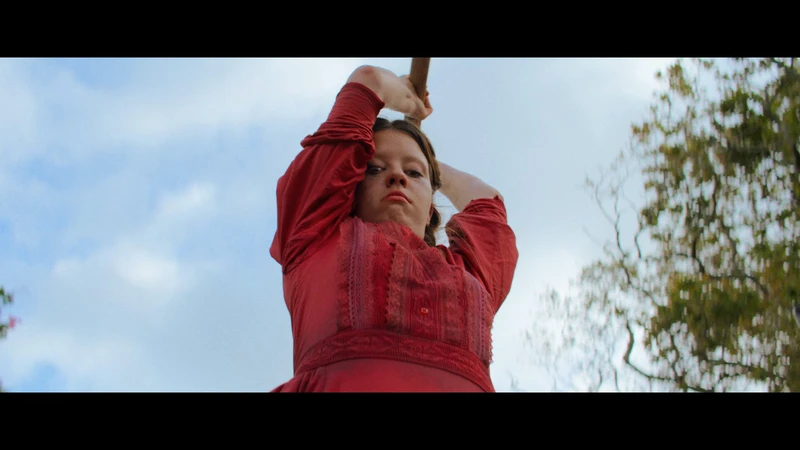Pearl (2022)
| director: | Ti West |
| release-year: | 2022 |
| genres: | horror, psychological |
| countries: | USA |
| languages: | English |
Hot on the heels of and prequel to X, Mia Goth travels back in time to show us how murder farmers are born. Now she is young Pearl, the farmer's murderous wife.
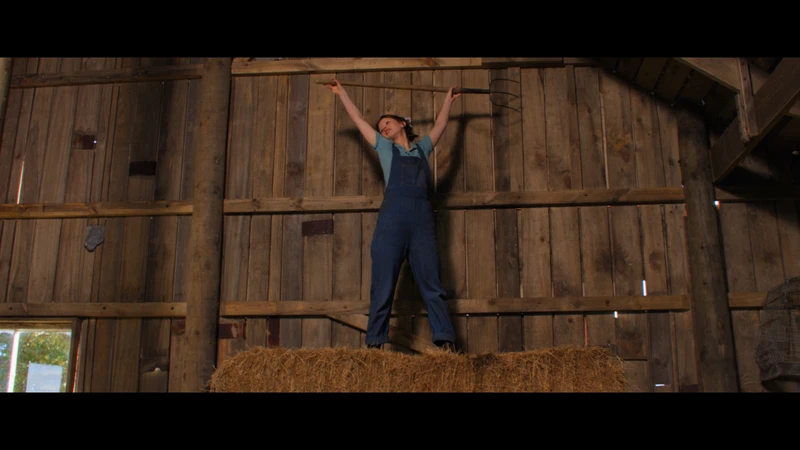
Though the film is set in 1918, during WWI, it's filmed in a style that is more a throwback to the cinema of the 30s through the 60s. The intro is reminiscent of The Sound of Music, complete with her strict, German-speaking mother. Pearl wistfully speaks to the farm animals, telling them her dreams. It's very brightly colorful, with strong, bright, saturated greens and blown out whites. The local town looks like Pleasantville (colorized).
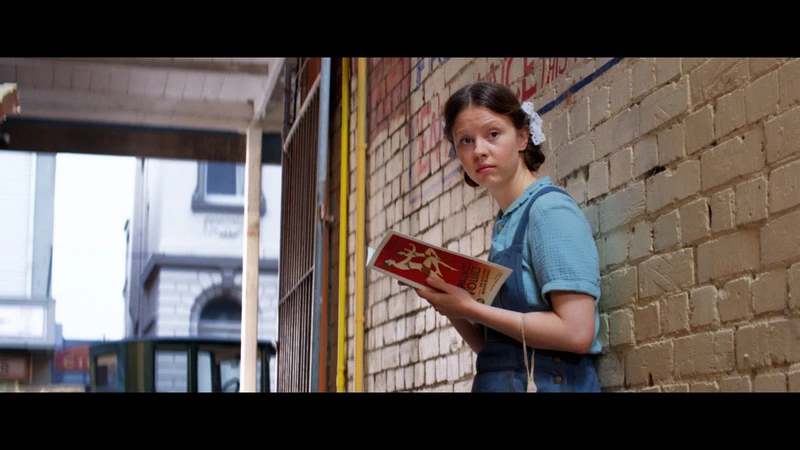
Mirroring X, she once again dreams of being famous. Instead of porno, this time around she dreams of being a famous dancer in the moving picture shows.

While her hubby, our angry old man from the first film, is away at war, Pearl struggles mentally with carnal temptations. She befriends the local projectionist, who shows her a private screening of the world's first porno. She denies his advances at first, but gets lost in a corn field for ludicrously illogical reasons on the way home and fucks a scarecrow.
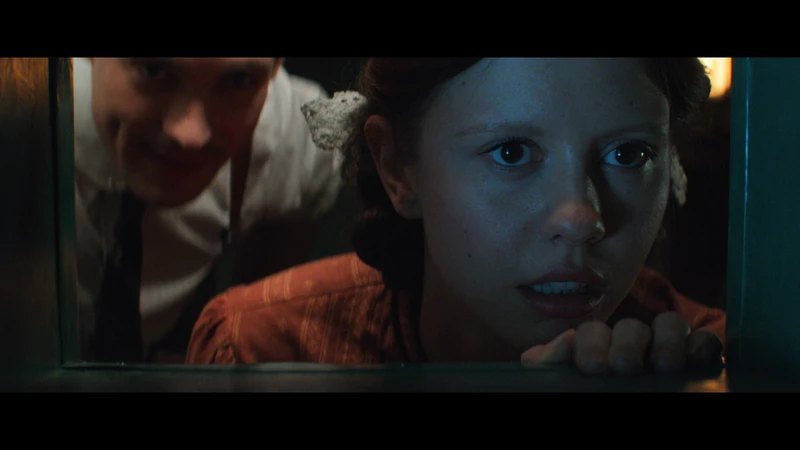
Her mom tells her she can't ever leave the farm because she is a creepy weirdo and nobody will accept her. This proves to be an understatement.
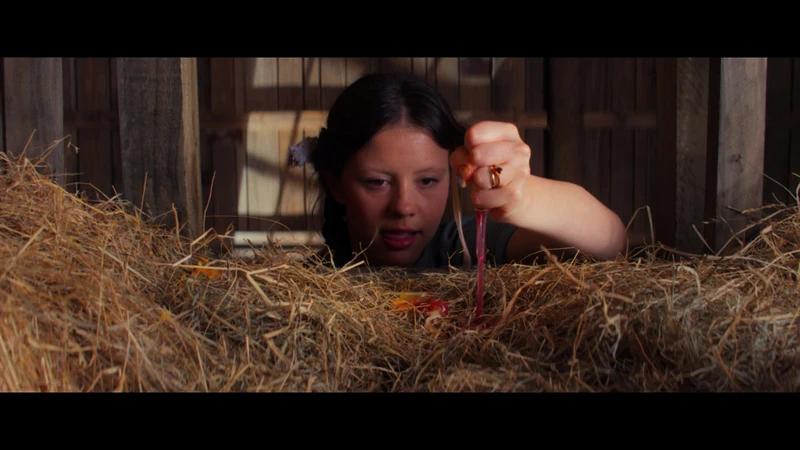
In many ways, it's more interesting than X because of the historical setting and unusual style. At the same time, it's also a slower, more boring story. Both of them could have used something to reign in the pace.
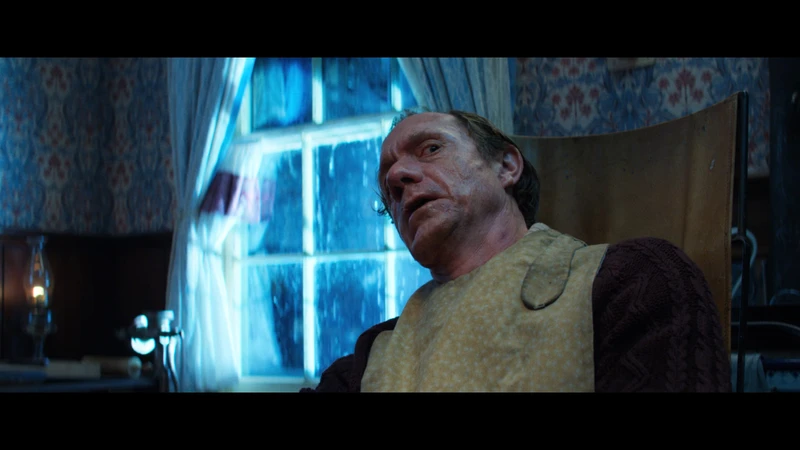
Mia gets a nice, looooong soliloquy as she decends into madness, and she truly nails it. In fact, you could just skip the rest of the movie and watch just this scene as a short. It's not even all that short, really. If nothing else, this film shows off that she really is a fantastic actress.
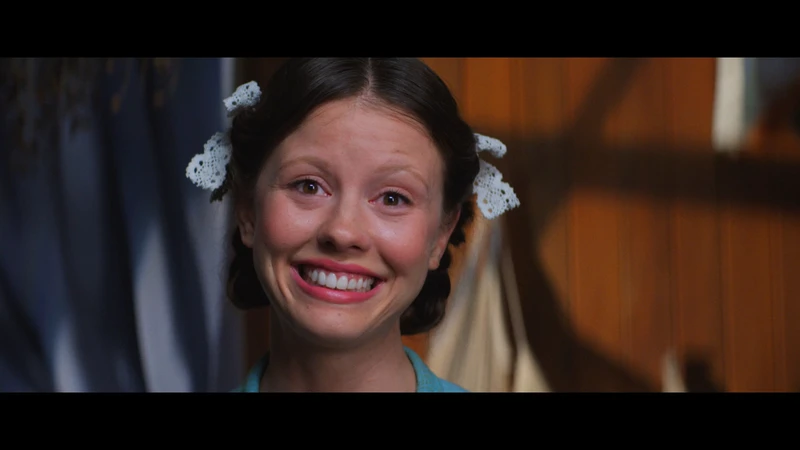
While X brought up a bunch of deep psychological questions and did little with them, Pearl does a better job of both connecting the relationship between the issues, and diving deeper into some of them. Her infirm father and off-at-war husband form the basis of a thread about unexpected liabilities in romantic partnerships. The projectionist, the films he projects, and her authoritarian mother all come at the issue of the conflict between wishes and desires versus expectations and realities. And stabbing gooses and boyfriends in the necks with pitchforks, along with ten minute psychotic soliloquies, invite us to think about society's often sub-par handling of mental health issues.
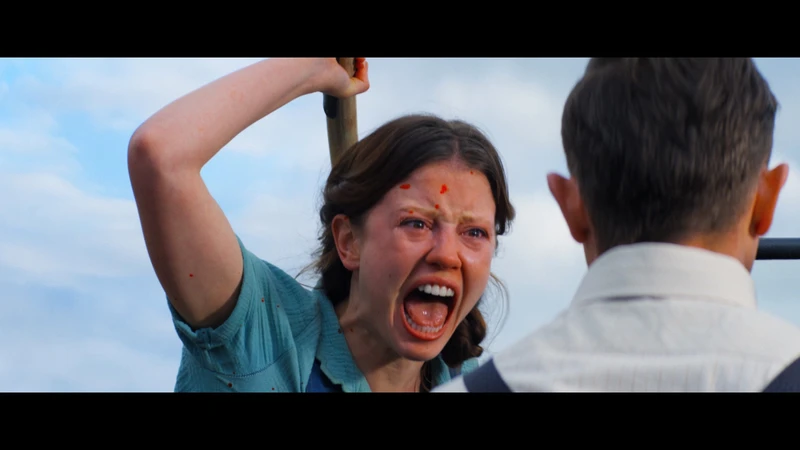
Still, could have used less blabby blabby and more stabby stabby.
